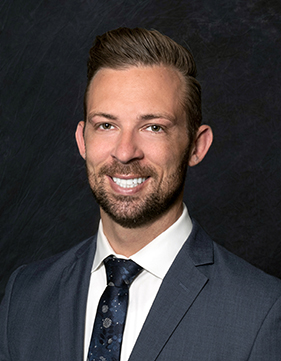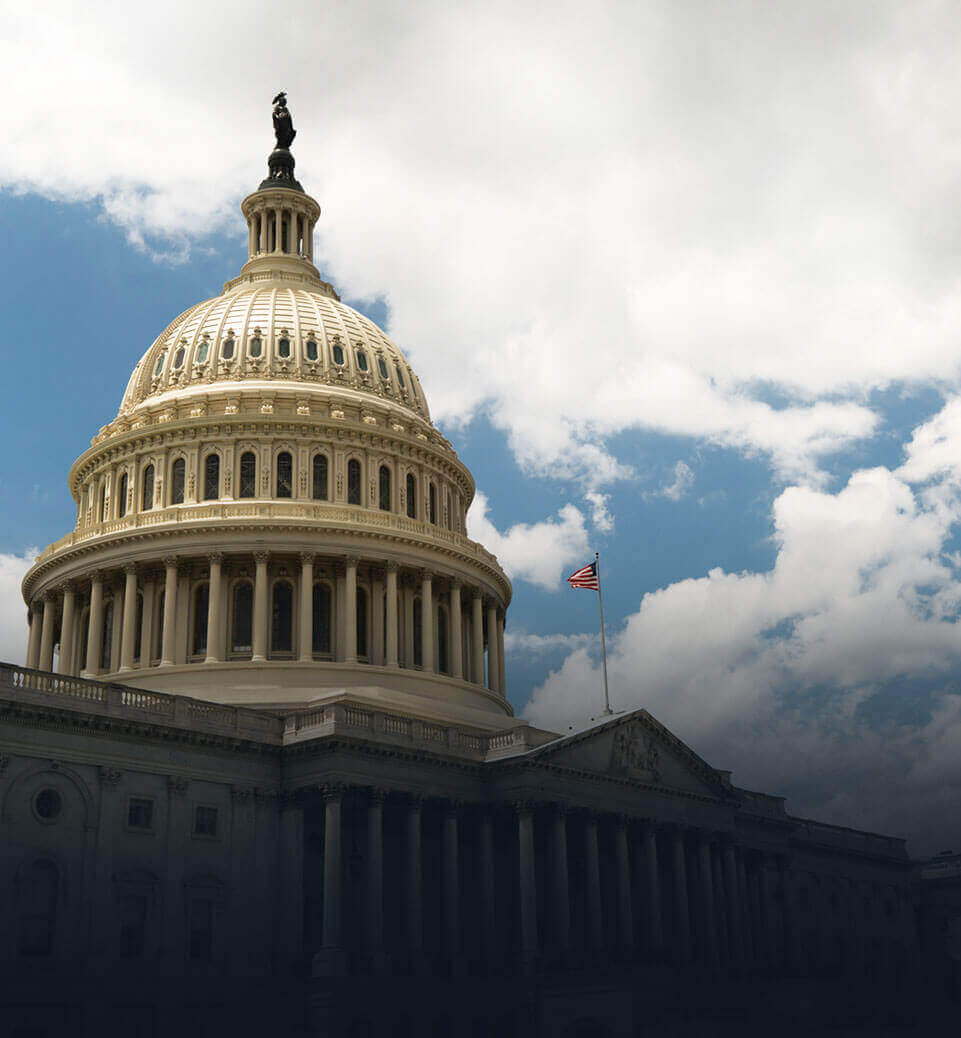|
|
Last Modified on Feb 16, 2016
If you are in a car accident and want to be properly and fully compensated for your losses, it is imperative that you seek the advice of an attorney
sooner rather than later.
What most people do not realize is the effect that maintaining personal auto insurance has on their own recovery in car accident claim. In California, the failure to maintain auto insurance severely undercuts your ability to obtain adequate compensation for your injuries even if you are not at fault for the collision. Read on to learn what you need to know in order to protect your case should you ever be injured in a collision.
Proposition 213: Limited Damages for Uninsured Drivers
In 1996, with a resounding 76.83 percent “Yes” vote, California residents passed Proposition 213, also known as the Limitations on Recovery to Felons, Uninsured Motorists, and Drunk Drivers Initiative.
The majority of people affected by this law are uninsured motorists. Under Prop 213, Civil Code Section 3333.4 if you do not have an auto insurance policy in effect at the time of your car accident, you will not be entitled to recover non-economic losses for pain, suffering, inconvenience, physical impairment, disfigurement, or other non-pecuniary damages (non-economic damages).
Economic Damages vs. Non-Economic Damages
You’ll notice that this law only restricts non-economic damages. The distinction between economic and non-economic damages may be unclear. Here’s the difference between the two:
Economic damages are objectively verifiable monetary losses. These are things that can usually be calculated precisely from records, including:
- Medical bills
- Expenses
- Lost earnings (including future losses)
- Vehicle repairs
- Towing
- Rental cars
Non-economic damages are subjective and synonymous with “pain and suffering.” They might include any combination of:
- Physical pain
- Emotional distress (depression, anxiety, grief, etc.)
- Damage to reputation
- Mental suffering
- Loss of companionship
- Aggravation to a previous injury
Non-Economic Damages Are Pivotal
When you approach an attorney with your auto accident personal injury claim, the attorney will typically ask you to provide your insurance declaration page. He or she will do this for two reasons: 1) to confirm that you have valid auto insurance in effect and the time of the collision, and 2) to check your uninsured or underinsured motorist (UM/UIM) coverage.
If you do not have auto insurance, the attorney will likely be unable to pursue your claim. Why? Because a personal injury claim is rarely financially viable without the “pain and suffering” component. After payment of advanced costs and attorney’s fees, it is virtually certain you will be left with unpaid expenses related to the accident. The only exception might be if the at-fault driver is under the influence of alcohol or drugs at the time of the accident and punitive damages are warranted. Additionally, a passenger in a non-insured vehicle may be able to recover non-economic damages, even if the driver/owner of the vehicle is exempt.
Bottom Line
The lesson in Prop 213 is that you should always carry insurance for your vehicle(s). You suffered enough trauma by being involved in the accident; do not compound the situation by forfeiting your right to pain and suffering damages. Furthermore, make sure you bolster your auto insurance with high-limit UM/UIM coverage— this article explains why.
Were you recently in an auto accident? Click here to get a free case evaluation of your potential personal injury claim.






